 Recently, I studied a book dedicated to writing Christian romance, written by a prolific author who is wildly successful, publishing roughly ten books per year and maintaining a demanding speaking career. Given her creds, I thought the book would be entertaining as well as informative. I got it half right. I found out later that she’d written her how-to the same year she suffered the sudden loss of a family member.
Recently, I studied a book dedicated to writing Christian romance, written by a prolific author who is wildly successful, publishing roughly ten books per year and maintaining a demanding speaking career. Given her creds, I thought the book would be entertaining as well as informative. I got it half right. I found out later that she’d written her how-to the same year she suffered the sudden loss of a family member.
Let me tell ya, that can suck the life right out of your creativity. I know. I suffered through the same thing last year when my stepson died. The tone of what should’ve been a romantic comedy, The Cat Lady’s Secret, changed, became more serious, a little darker. Surprisingly, it still works, but it’s not the book it was intended to be. It is now a women’s fiction novel about a woman triumphing over the devastating effects of an event that occurred in her not-too-distant past.
This year, I wrote the opening two chapters of another romantic comedy, Southern Challenge. Then I got diagnosed with breast cancer, and once that was resolved, got smacked with a Crohn’s flare-up. I admit. I’m having a little bit of trouble coming up with giggles and sweet love scenes. Writing at all has been a struggle, but I did join ACFW’s NovelTrack, an encouraging Nano-type tool intended to get authors back to their keyboards to increase their word counts. However, I need to remember that shoving words into a manuscript for the sake of increasing the count isn’t always productive. I had to cut what I’d written by half–the rest was useless research dump with nary a snicker or spark-filled moment required in romance.
Early Tuesday morning–far too early–another of my works-in-progress came to mind, Corporate Ladder. This one, a dark tale about the quicksand effect of sin, seems a far better choice for the mood I’m in. Seriousness is now overriding levity, and I’m finding it more to my liking.
In the face of intense adversity, it’s amazing an author can write at all, but I wonder: Does the opposite hold true? Do dark drama writers find sparks of light in their works about the time Mr. Special finally proposes? Does an endearing sentimentality pop out of the mouth of a serial killer when the creator’s first child is born? Does a grandchild’s laughter find its way into a deadly chase scene?
By nature, I’m a light-hearted woman, not intended to delve into darkness for long, but with discipline and a sharp editor’s knife, I can keep the levity to the minimum necessary to allow the reader the occasional break. Still, I have yet to learn how to infuse comedy into my work when I myself feel so surrounded by darkness.
So the questions arise: Does your mood affect your writing? How do you maintain a tone in your work that is different from the tone of your life?
What are your tricks of the trade?
~~~~~
To my dear friends who are keeping up with me, thank you so much for your prayers! I finally feel like I’m emerging from the sickness-fog. The fatigue seems to be washing away, though I have my work cut out for me when it comes to regaining my strength. Somehow, my once reasonably-toned muscles got replaced by a gelatinous mess of quivering goo. Ugh. Heaven help me, I see exercise in my future. You know how I hate to exercise!

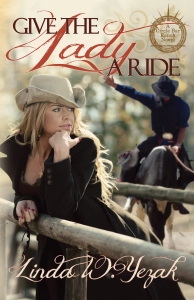




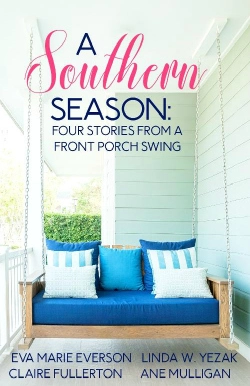
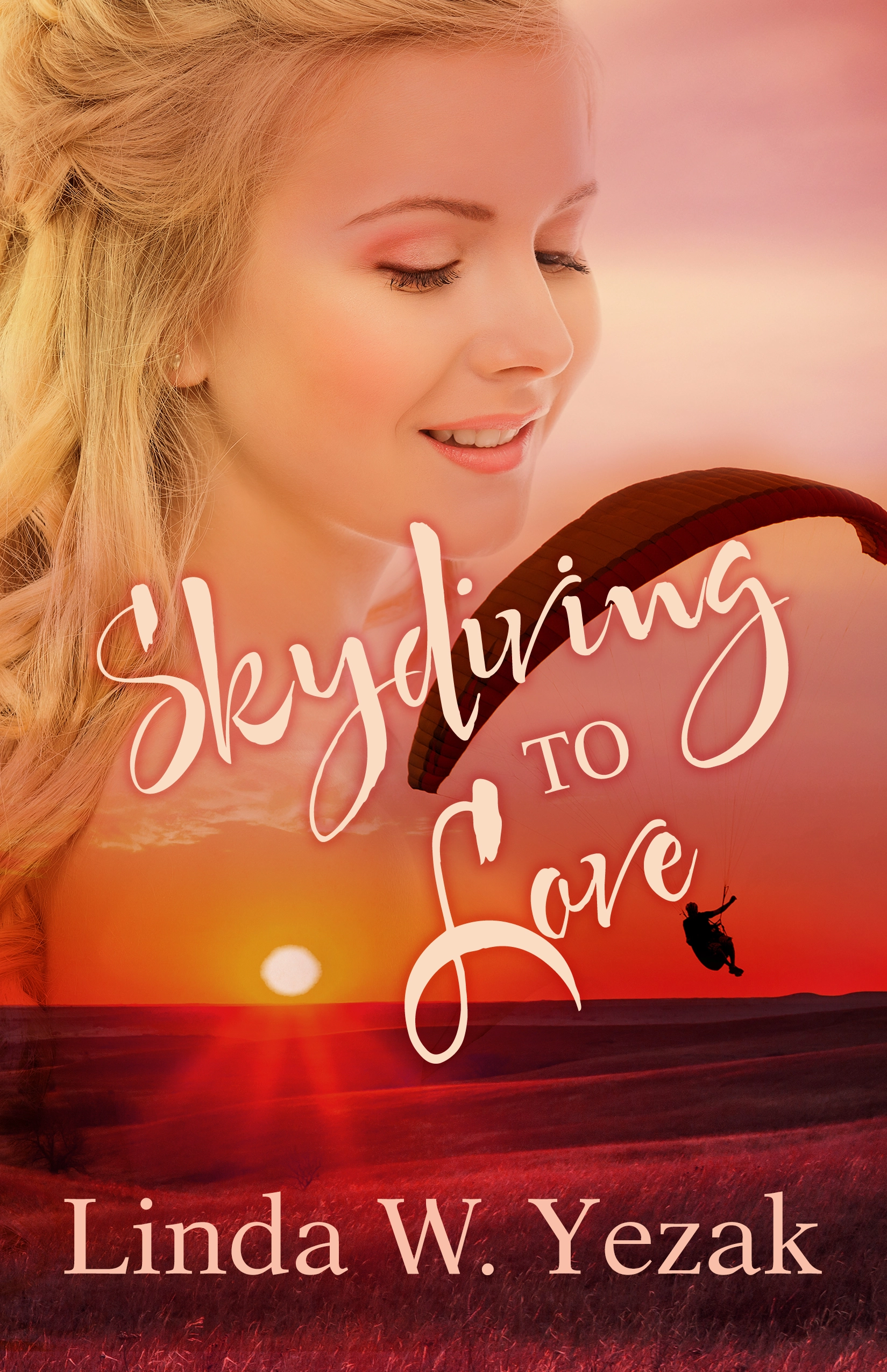
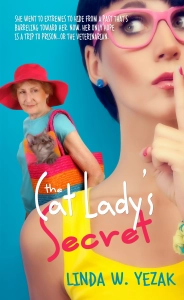






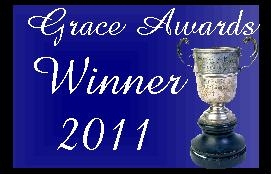


The questions have been given…so…here are my answers
Does your mood affect your writing?
If I’m sad/depress it usually transforms itself to a condition which we as authors/writers call “writers block.” I can’t seem to focus my writing energy on what word to type next, as I think of what I need to do in order to come out of the slump I’m in. I feel and I believe others will agree when a sad mood strikes everything else goes on the back burner.
However, if I’m happy on the other hand I and most people will be able to accomplished great things. The other day I felt totally great for some reason, I felt as if I didn’t have a care in the word, and my writing showed it because I wrote a spectacular day of writing–writing twenty-nine pages and over 6,600 words [see my blog].
How do you maintain a tone in your work that is different from the tone of your life?
For me,if I’m not sad [see above] it’s simply knowing that I’m writing fiction, so the tone in my work is reflected in the characters I’m writing about and not about myself.
LikeLike
6600 words in a day! My goodness, I’m jealous! Don’t you wish you could get into the zone everyday?
LikeLike
Does your mood affect your writing? How do you maintain a tone in your work that is different from the tone of your life?
By making writing a habit.
I am a habitual writer. I sit down in the same place at roughly the same time of day, so that my writing is automatic. Its been the most effective way, (that I’ve found), to keep myself writing no matter how else I may be feeling.
For an hour each morning, I can let go of the stress of life and disappear into the imaginary world of my stories characters.
LikeLike
The ol’ BIC–butt in chair. That’s discipline!
LikeLike
I would say, no, in general, my mood doesn’t affect my writing. But my writing can definitely affect my mood!
LikeLike
Oh, yeah–I’ve found that to be true, too. A bad day at writing is a bad day in general, and a good day at writing makes the sunshine and sweet Disney characters sing!
LikeLike
My mood DEFINITELY affects my writing. It is hard to write light-hearted when I’m down – but sometimes, if I force myself, it IMPROVES my mood.
Glad you’re starting to feel better, dear Linda. Praying.
LikeLike
That makes sense, JoAnne. If I could just let go and dive head-first into the work, I bet it could improve my mood.
Still, I think I’m going to steer away from comedy for a while.
Thanks for the prayers!
LikeLike
Writing well is the best revenge, I tell my screenwriting students, and mutter to myself in moments of pique. In the years following my second marriage’s end, I took revenge not on Claudia, but on reality, writing a romantic comedy in novel form that helped me to process what had happened to us… and to fantasize. It was the story of a writer who, in order to win back the wife who’s left him, invents an imaginary girlfriend – who then takes on a life of her own. By 2005, when Ruby Sparks wasn’t yet a gleam in Zoe Kazan’s eye, I was on my second draft.
LikeLike
What a triumphant outlook and a great therapeutic idea. I like that. Write on, Eloise!
LikeLike